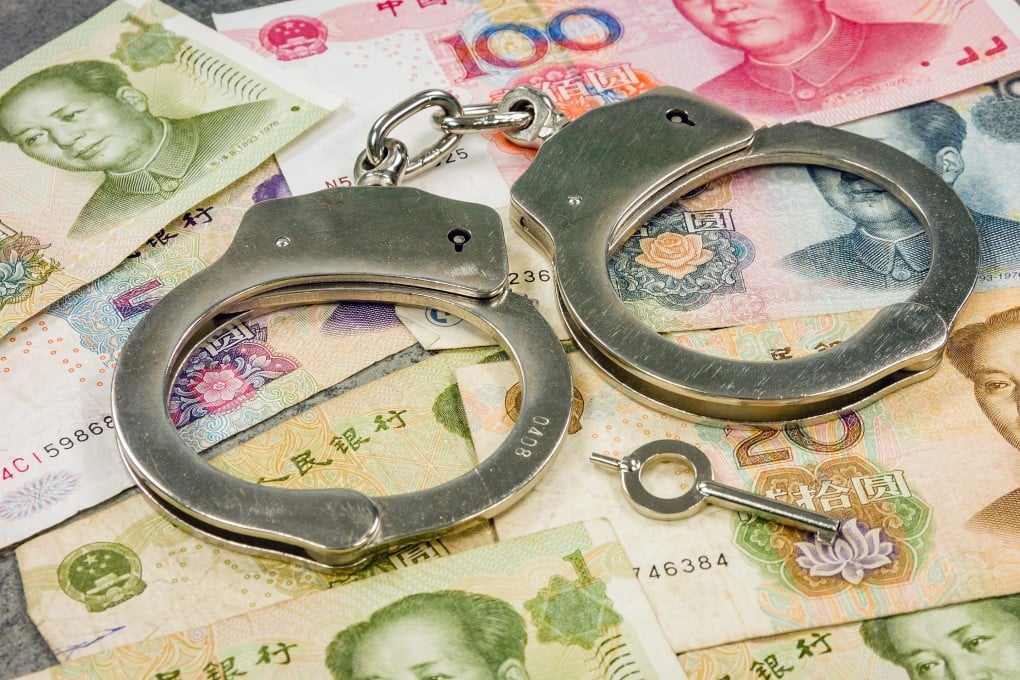China’s corruption busters signal they plan to make bribe givers pay
- Joint document outlines plans to crack down on bribers as well as bribe-takers
- Punishments could include restrictions on market entry and adding offenders to a blacklist

“Stressing that punishment shall be given to both those who take bribes and those who offer them, the document specifies the investigation will focus on those committing multiple bribery, huge bribery or bribery to many people; party members and state employees offering bribes; bribery in key areas and fields; and major commercial bribery,” said a summary of the document posted on the CCDI website.
“[We] must be conscientiously aware that a major reason corruption has continued to happen is because bribers have resorted to whatever means to ‘entrap’ our party members and cadres.

02:07
China sentences Communist Party critic Ren Zhiqiang to 18 years for corruption
“[We] must have a good grasp of the political harm of offering bribes, adopt various measures to strengthen precision and effectiveness in combating offering bribes so [we can] treat the symptoms and causes of corruption.